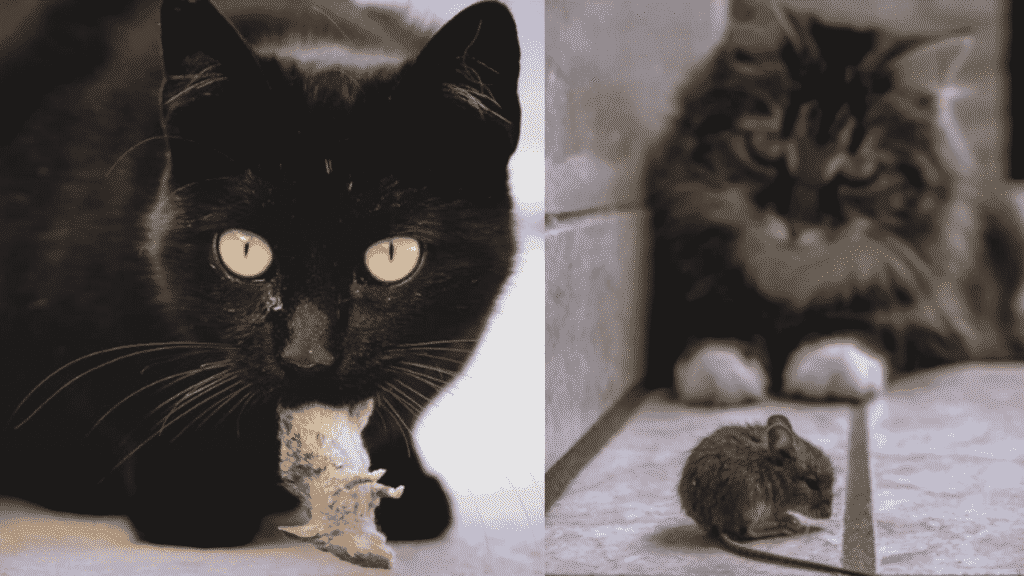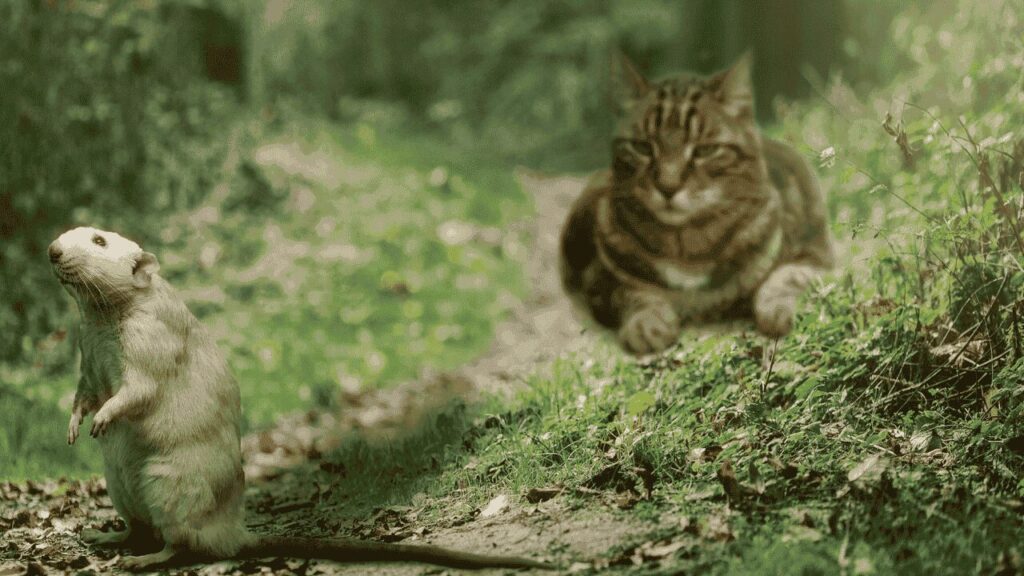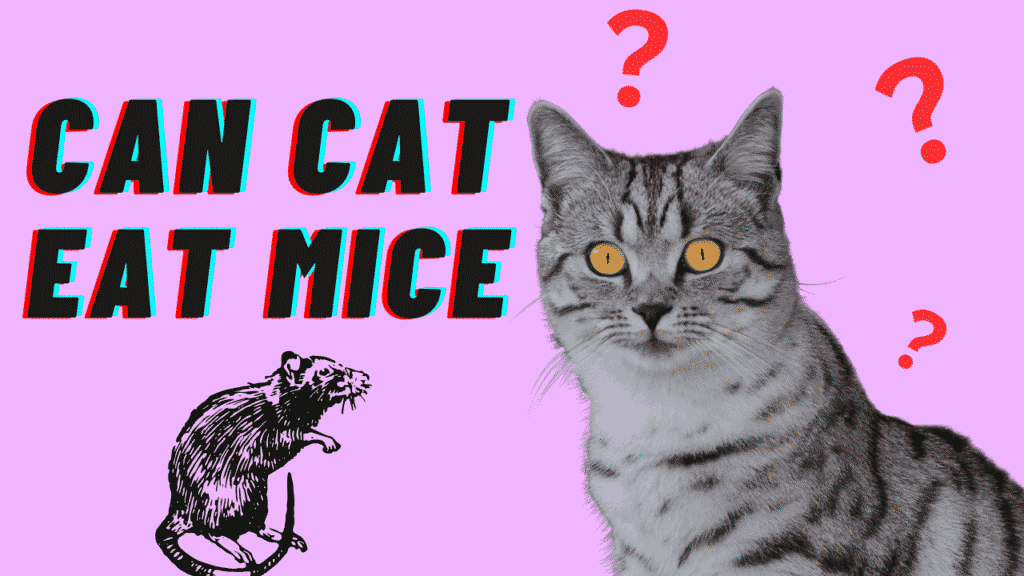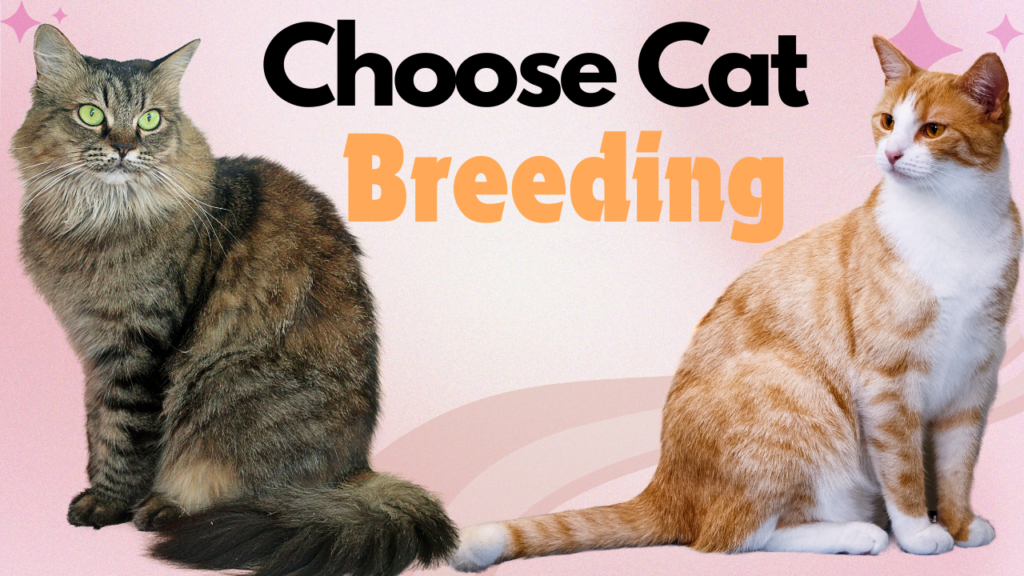Cats and mice have been at odds for centuries, with countless stories, cartoons, and cultural references built around this dynamic. But do cats actually eat mice, or is this just a stereotype? In this article, we explore the truth about feline hunting instincts, their dietary habits, and why they may or may not eat mice.
The Natural Hunting Instincts of Cats
cats are obligate carnivores, relying mainly on meat to meat their dietary needs. Their ancestors in the wild relied on hunting to survive, and this instinct is deeply ingrained in domestic cats. A typical cat’s hunting behavior includes stalking, pouncing, and capturing prey. While modern cats are often well-fed, their instinct to hunt remains strong.
Why Cats Hunt Mice
- Innate Predator-Prey Relationship
Mice are small, fast, and skittish, making them an ideal target for a cat’s natural hunting skills. The chase triggers a cat’s predatory instincts, providing both mental stimulation and physical exercise. - Learned Behavior
Many kittens learn hunting techniques from their mothers. Cats raised in environments where hunting is necessary for food or pest control are more likely to develop the habit of hunting and eating mice. - Entertainment and Stimulation
Even if a cat is well-fed, the act of hunting satisfies their natural curiosity and need for stimulation. Mice, with their unpredictable movements, are perfect for this.
Do All Cats Eat Mice?
Not all cats eat the mice they catch. Here’s why:

Reasons Cats May Avoid Eating Mice
- Domestic Diet
Cats that have access to high-quality commercial cat food often don’t feel the need to eat their prey. Their nutritional needs are already met, so hunting becomes purely recreational. - Instinct vs. Appetite
Some cats may hunt and kill a mouse but leave it uneaten, as the act of hunting fulfills their instinctual drive without the need for consumption. - Health Risks
Mice can carry parasites, diseases, or toxins from ingesting poison. Cats instinctively avoid prey that may seem unsafe, though this isn’t foolproof.
Nutritional Value of Mice for Cats
For wild or feral cats, mice provide a complete and balanced meal. Here’s what mice offer:
- Protein
Mice are rich in protein, which is essential for muscle maintenance and energy in cats. - Taurine
A critical amino acid for cats, taurine is abundant in mice.it aids maintaining heart health, supporting vision, and enhancing reproductive functions. - Moisture Content
Mice have high water content, which helps cats stay hydrated, particularly important for those that rarely drink water.
Are There Risks in Eating Mice?
While mice can be a good source of nutrition, there are risks involved:
- Parasites and Diseases
Mice often carry parasites like fleas, ticks, and worms that can infect cats. They can also carry illnesses such as toxoplasmosis and leptospirosis. - Ingesting Poisons
Mice exposed to rodenticides can transfer these toxins to cats if consumed. Even small amounts can be harmful or fatal to a cat. - Choking Hazards
the tiny bones in mice can present a choking risk or lead to internal injuries in cats.

How Domestic Cats Compare to Wild Cats
Wild cats,much like their domestic relatives, possess exceptional hunting skills. However, their reliance on hunting is much greater. Wild cats, such as the African wildcat (Felis lybica), from which domestic cats descend, regularly hunt small rodents to survive. Domestic cats, on the other hand, have adapted to human environments and diets, which often include commercially prepared cat food.
How to Prevent Your Cat from Hunting Mice
If you’re concerned about your cat hunting mice, there are ways to curb this behavior:
- Keep Them Indoors
cats kept inddors are less likely to come across mice or other prey. - Provide Interactive Toys
Engage your cat with toys that mimic the thrill of hunting, such as feather wands or laser pointers. - Offer a Balanced Diet
Ensuring your cat is well-fed can reduce their hunting drive, although it won’t eliminate it entirely. - Use Bell Collars
A bell on a collar can warm mice of your cat’s approach, offering the prey an opportunity to flee.
Should You Let Your Cat Eat Mice?
although hunting and eating mice is instinctive for cat’s it isn’t always recommended. If your cat is a mouser, consider these precautions:
- Regular veterinary check-ups to screen for parasites or diseases.
- Ensuring your home is free from rodent poisons to avoid secondary poisoning.
- Keeping your cat’s vaccinations up to date.
Conclusion
Felines possess an innate hunting drive, with their urge to pursue and capture mice firmly embedded in their natural instincts. While some cats eat their prey, others may hunt purely for sport. Understanding this behavior can help cat owners make informed decisions about their pets’ activities and health.
For those who prefer their cats not to interact with mice, proper preventive measures can ensure a safer environment for both pets and wildlife.
# : if you want to more information of this topic to click here see more
# : READ ANOTHER POSTS
1 : Can Cats Eat French Fries? A Comprehensive Guide for Pet Owners
2 : Can Cats Eat Raw Beef? Everything You Need to Know
3 : Can Cats Eat Donuts? A Guide to Feline Nutrition and Health Risks
4 : Will Cats Kill Chickens? Understanding the Risks and How to Protect Your Flock


